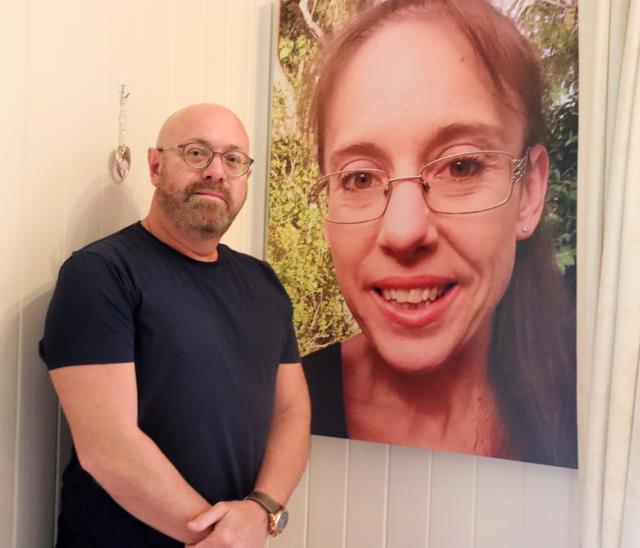Sadly, there are way too many names of Queensland’s domestic violence victims for us to remember.
But in Rockhampton, one always stands out for me – mother-of-three Karen Gilliland who was murdered by her ex- in front of her children mid-2020.
Karen is among more than 400 domestic violence cases Queensland Police face each day. Yes, each DAY.
The month of May marks Domestic and Family Violence Prevention Month in Queensland and aims to raise community awareness of sexual, domestic and family violence prevention in Queensland and the support services available.
As we remember those hurt and lost, and the officers who do their best to quell the riot, Domestic and Family Violence delivers us tens of thousands of victims, yet we still seem ill-equipped to deal with it let alone prevent it.
The tagline for the month is – It’s in our control to end coercive control.
The focus on coercive control gives us the opportunity to broaden our community’s understanding of violence as a pattern of behaviours perpetrated against a person to create a climate of fear, isolation, intimidation, and humiliation.
What is coercive control?
Domestic and family violence is not always physical violence, it can take many forms including coercive control. Coercive control is a pattern of behaviours (which can be both physical and non-physical) perpetrated against a person to create a climate of fear, isolation, intimidation and humiliation.
Over time, this behaviour can have a devastating impact on a woman’s autonomy, independence, personal wellbeing and safety.
All forms of abuse are serious and never acceptable.
How do we stop men, elevated and empowered by warped attitudes, from attacking women at rates which are worsening despite a plethora of government programmes, services, shelters, safe havens and advertising, campaigns?
There is some hope, but only if we realign our efforts and take back the schoolyard with a prevention-is-better-than-cure approach!
In Queensland, the Department of Children, Youth Justice and Multicultural Affairs, in partnership with Children’s Health Queensland’s Forensic Child and Youth Mental Health Service and Brisbane Youth Service, is delivering a promising new program called K.I.N.D.
K.I.N.D. stands for Kinship, Improving relationships, No violence and Developing skills.
The goal of the program is to reduce violence in the lives of young people and help them create safe and respectful relationships as they move into their older relationships.
There’s no consensus around why domestic violence happens, let alone how to prevent it.
But reaching kids when they are young and most receptive might just be our best bet in turning back the tide of hideous violent behaviour in so many of our homes.
Our girls, our women, deserve to be safe.
And they need us, men and women, to be brave, smart and unrelenting in this pursuit.
Karen Gilliland would want us to be.








